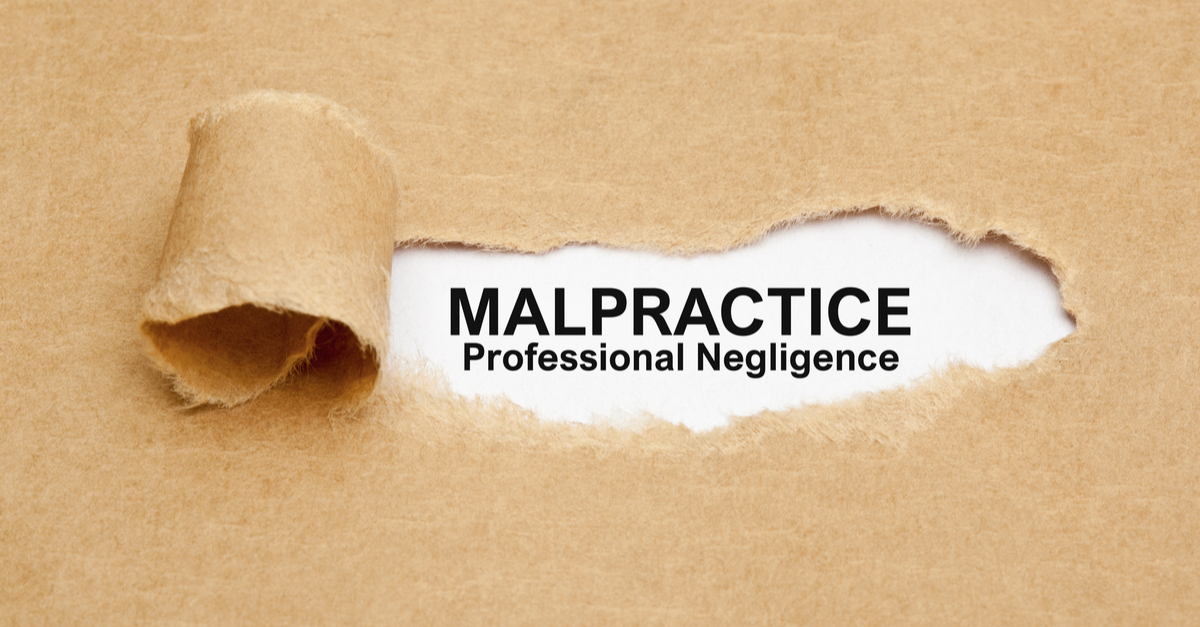Florida Supreme Court: Insurers can Sue Attorneys for Malpractice Under Subrogation Provision
Florida Supreme Court: Insurers can Sue Attorneys for Malpractice Under Subrogation Provision
The Florida Supreme Court has given the proverbial “green light” for insurance companies to sue attorneys for negligent representation of an insured. Historically, to bring an action against an attorney for legal malpractice in Florida, the party making the claim was generally required to allege and prove either a formal attorney-client relationship or privity of contract. Insurance companies generally could not sue lawyers hired to represent their insureds, since the attorney-client relationship was with the insured, rather than the insurer. However, following the Florida Supreme Court’s June 3, 2021 decision in Arch Ins. Co. v. Kubicki Draper, an insurer can now pursue a legal malpractice claim through a subrogation provision in its insurance policy, even if there was no attorney-client relationship or privity of contract between the insurer and the attorney or law firm.
At the trial level, Arch Insurance Company sued insurance defense firm Kubicki Draper for legal malpractice. In a separate lawsuit underlying the legal malpractice action, Kubicki represented an insured under one of Arch’s insurance policies. On behalf of the insured, Kubicki ultimately negotiated a settlement of the case within the policy limits, but allegedly failed to timely assert a statute of limitations defense. Kubicki’s failure to timely assert the statute of limitations defense was alleged to have significantly increased the cost of the settlement.
The trial court granted summary judgment in favor of Kubicki, finding that Arch lacked standing to sue Kubicki because there was no privity of contract or attorney client relationship between Arch and Kubicki. Florida’s Fourth District Court of Appeal agreed with the trial court’s reasoning and affirmed the decision. However, neither the trial court nor the Fourth District Court of Appeal addressed Arch’s argument that it had standing to sue Kubicki for legal malpractice through the subrogation provision in its insurance policy.
The Florida Supreme Court quashed the decision. The court agreed that there was no privity between Kubicki and Arch, but found that Arch had standing to pursue the malpractice claim through the subrogation provision in Arch’s insurance policy. After reviewing the policy, the court found that Arch, as the insurer, was contractually subrogated to the rights of the insured, “which would include claims for legal malpractice against counsel retained to defend the insured.”
Initially, this decision may narrowly apply to circumstances where: (a) an insurer makes a payment under an insurance policy on behalf of an insured; (b) the insurance policy contains a subrogation provision in favor of the insurer; and (c) the subrogation provision permits the insurer to step into the shoes of the insured for the purposes of recovering any payments made under the policy against a third party. However, it is not necessary for the subrogation provision to specifically mention legal malpractice. On the contrary, the subrogation provision in Arch’s policy was broad: “To the extent of any payment under this Policy, [Arch] shall be subrogated to all [the insured’s] rights of recovery therefor against any person, organization, or entity . . . .” Still most insurance policies contain a subrogation clause such that insurance carriers and defense counsel who are parties to such tripartite relationships should be cognizant of this new potential cause of action.
Interestingly, the Court declined to reach any third party beneficiary arguments asserted by Arch because Arch had direct contractual subrogation claims against Kubicki through its insurance policy with its insured. The Court’s comment that “Florida public policy does not support shielding the law firm from accountability for its professional malpractice” suggests that the Court was inclined to provide the insurance carrier with some remedy against defense counsel for its alleged malpractice.
The scope of that remedy may be subject to clarification through further litigation. For example, as the Court noted “In a subrogation action, the subrogee stands in the shoes of the subrogor and can be subrogated to no greater rights then those possessed by the subrogor.” Thus, one might inquire what damages the insured actually sustained as a result of Kubicki’s alleged negligence. After all, causation and damages are essential elements of the cause of action for legal malpractice.









